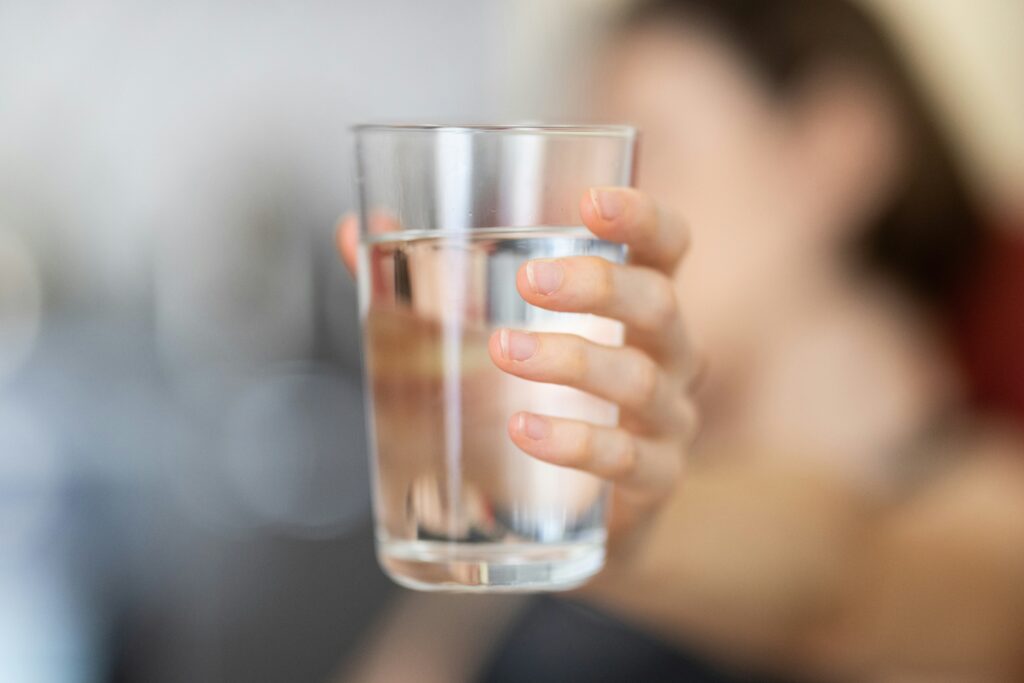
Think dehydration only happens when you’re sweating buckets at the gym or stuck in a heatwave? Think again.
Most of us go through the day slightly dehydrated without even realizing it, too busy, too distracted, and often forgetting to sip enough water.
Your body, however, doesn’t forget.
It sends you subtle signals, dry mouth, fatigue, headaches, all quietly asking for one simple thing: water. You’ve probably heard the age-old advice, “Drink 8 glasses a day,” but have you ever stopped to wonder why that matters?
In this article, we’ll break down the real signs your body is sending when you’re low on fluids, and why staying hydrated is way more crucial than you might think.
Common signs of dehydration
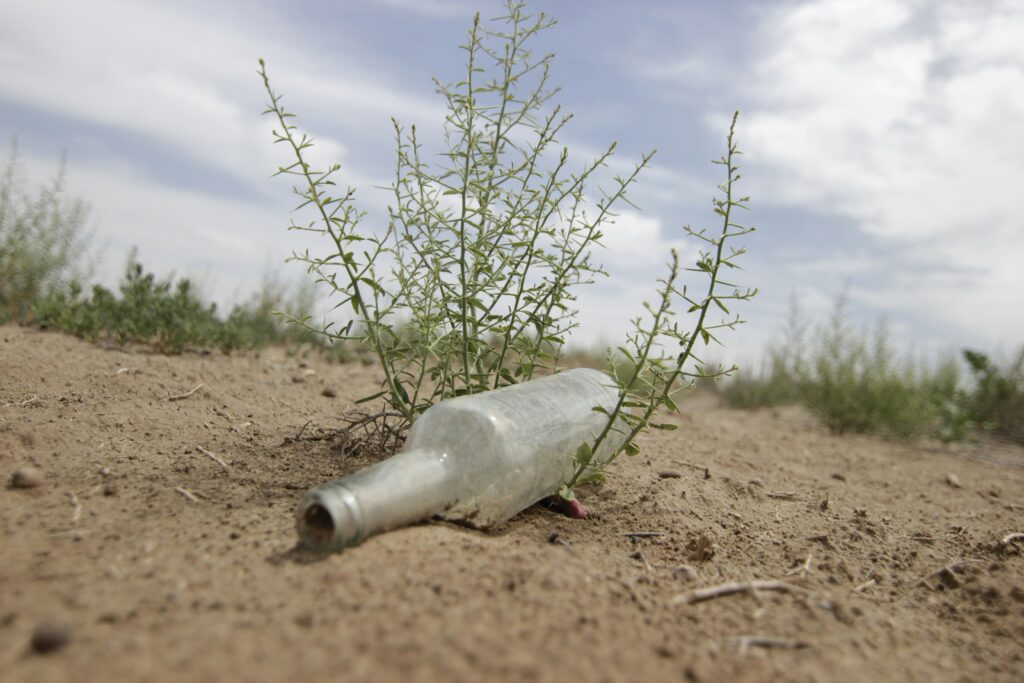
Your body is one of the best tellers if something is deterring your overall health. This is nature’s telling; it keeps you informed. All you need to do is pay attention. So, what signs can tell if you are dehydrated?
- Your Skin Looks Dull and Dry
Have you noticed your lips are chapped, your mouth feels dry, or your skin seems less bouncy than usual?
It might be a sign that you’re not drinking enough water.
- Dehydration causes dryness and even cracking because your body is unable to produce enough saliva to keep your lips and mouth hydrated.
- Your skin might also lose its bounce. Try gently pinching the skin on your arm; does it take time to go back to normal?
- That could mean your body needs more fluids. While dry skin and lips can have other causes, too, staying hydrated is a simple way to help keep them healthy.
- Light-headedness: A Warning Sign of Dehydration
Have you ever stood up too quickly and felt lightheaded or dizzy?
Your body may be warning you about a lack of fluids. When you suddenly stand or sit down, dehydration can cause orthostatic hypotension, a dip in blood pressure.
- Although elderly persons are more likely to experience it, anyone might be affected.
- Lightheadedness and thirst may seem little, but they are early indicators that your body needs water. In severe cases, dehydration can also result in fainting.
Hence, the next time you feel a little unstable, ask yourself if you have drunk enough water today.
- Constant Fatigue
Even after a restful night’s sleep, have you ever felt extra exhausted?
If you are dehydrated, you might feel more worn out than usual. This occurs because your sleep-wake cycles and general health are impacted by dehydration. Additionally, it may increase your level of weariness when exercising.
- Dehydration affects your energy levels and makes you feel more exhausted.
- Your body has to work harder when you’re dehydrated, which makes you feel more exhausted when you’re exercising.
- Is Your Urine Telling You You Are Dehydrated?
One of the easiest ways to detect dehydration is to look at your urine. If it is dark or you are not urinating frequently, your body may be dehydrated. Your body retains water, which causes your urine to become more concentrated with waste.
- Urine that is dark in color is an indication that your body is conserving water.
- Urine that is more concentrated may smell stronger.
- Ideal pee color? Pale yellow, like light straw, is just right.
Other things like medications or vitamins (especially B vitamins) can also change urine color, so take that into account.
Symptoms of Dehydration to Watch out
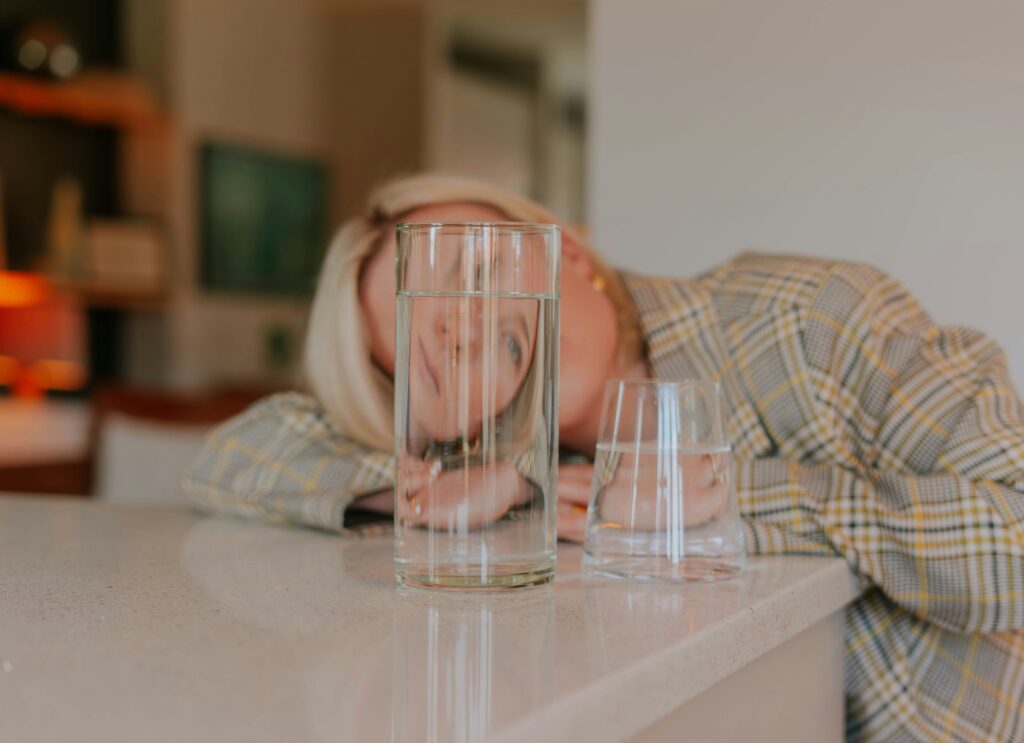
Some lighter symptoms are your sign to drink water. Look for the following. However, also keep in mind if these symptoms get worse and are constant, you need to consult a doctor.
In children and babies:
- Dry lips and tongue
- No tears when crying
- Hours without urinating or fewer wet diapers
- A soft spot on the head or sunken eyes
- Cool or blotchy hands and feet
- Fast breathing and dry skin
In adults:
- Headache, tiredness, or confusion
- Dizziness or weakness
- Dry mouth or cough
- Fast heartbeat, low blood pressure
- Muscle cramps, swollen feet
- Dark yellow pee or not peeing much
Your pee should be light yellow. Dark pee means you need more fluids.
What Causes Dehydration?
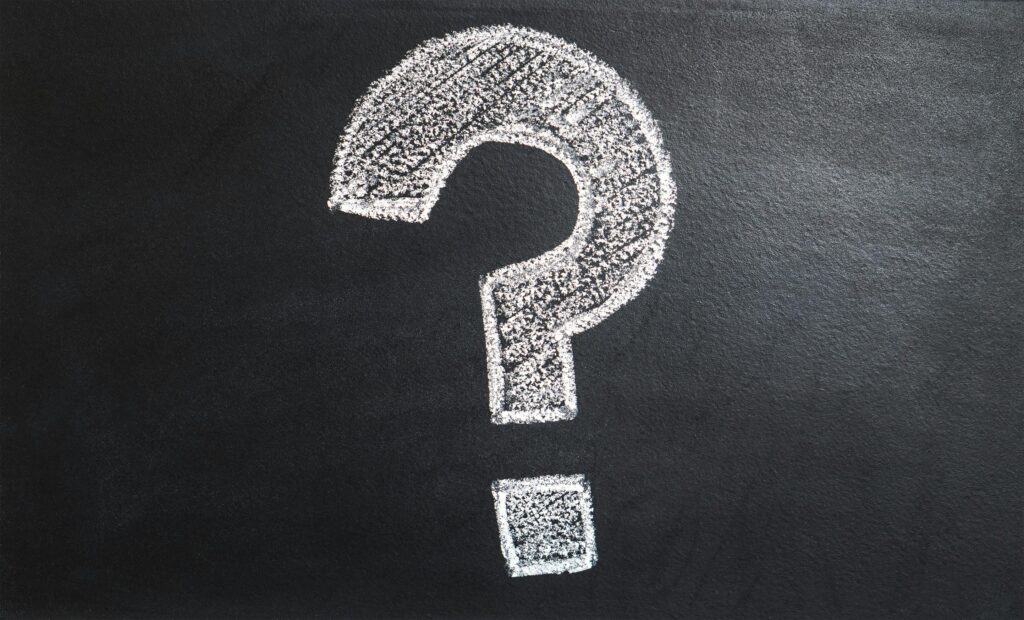
Obviously, your body lacks water.
This can happen easily if you are feeling ill, busy, or not drinking enough. Wondering what leads to it? The main causes are as follows:
- Not getting enough water
- Diarrhea or vomiting
- Illness or fever
- Sweating excessively due to activity or hot weather
- Some drugs (such as blood pressure and diuretics)
- Uncontrolled diabetes that causes frequent urination
- Sore throats or colds that make you less inclined to eat or drink
- Limited access to drinking water (when traveling or engaging in outdoor activities)
Pay attention to how much water you consume because even slight dehydration can have an impact on your mood.
What Are the Levels of Dehydration?
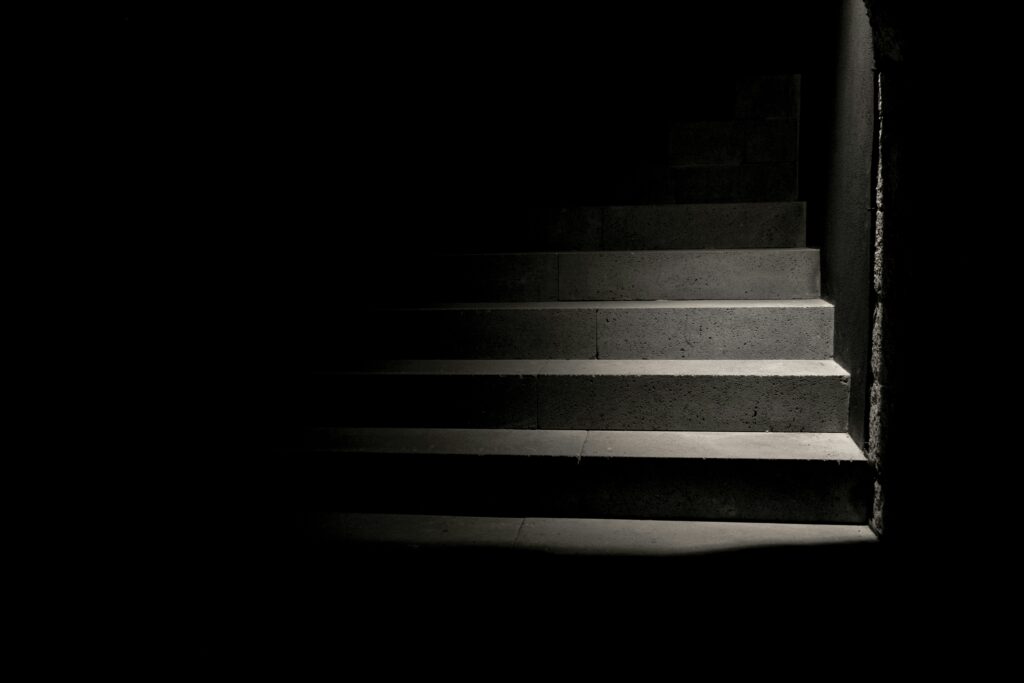
There are three different levels of dehydration: mild, moderate, and severe. Knowing the difference helps you understand when to just grab a water bottle and when to get medical help.
Mild: You’re a little low on fluids. If you have experienced diarrhea, vomiting, or excessive perspiration, simply increase your intake of water or an electrolyte drink. You should feel better in 5–10 minutes.
Moderate: In order to promptly replenish fluids, this level typically requires an IV. You’ll have to go to the hospital or an urgent care center.
Severe: If symptoms are severe, call 911 or visit the ER immediately.
How Much Water Do You Need?
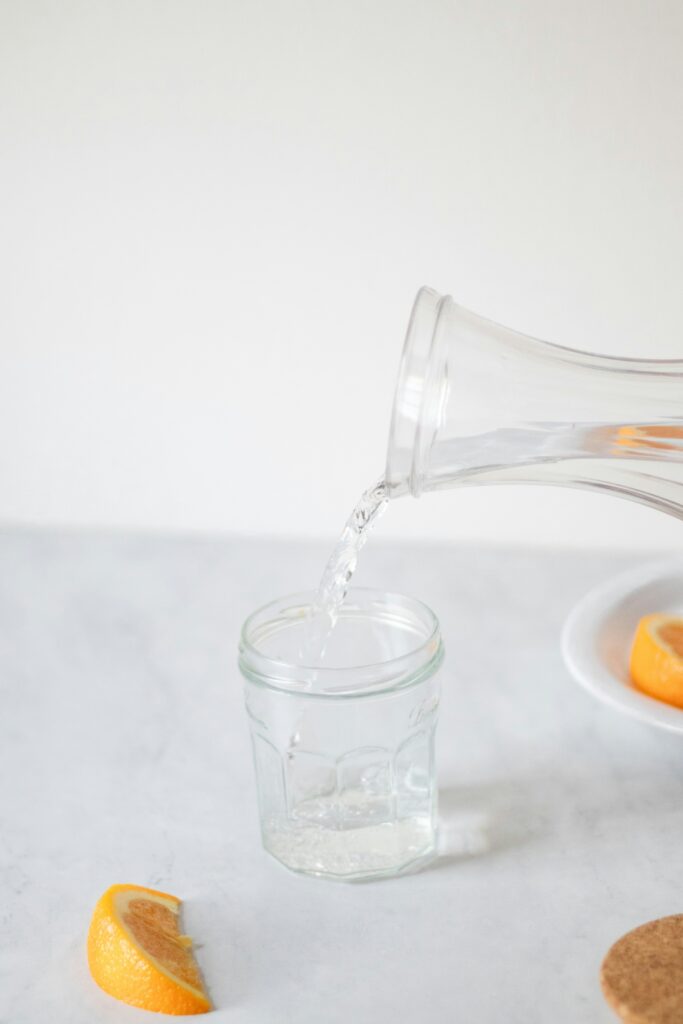
Your age, weight, degree of activity, and even the weather all play a role. Your demands can be different if you have heart problems or diabetes. Ask your doctor what is best for you, although the “eight glasses a day” recommendation is an excellent place to start.
Conclusion
Feeling dehydrated?
Keep your bottles full to meet the demand of your body..
You can also boost hydration by adding an oral rehydration powder to your water, these help replace lost fluids and electrolytes more effectively.
Drinking enough water helps you stay alert and energized. Watch for signs like dark urine, dry mouth, tiredness, and not peeing often. Plain water works best, but you can switch it up with fruit-infused water, mocktails, or water-rich foods.

